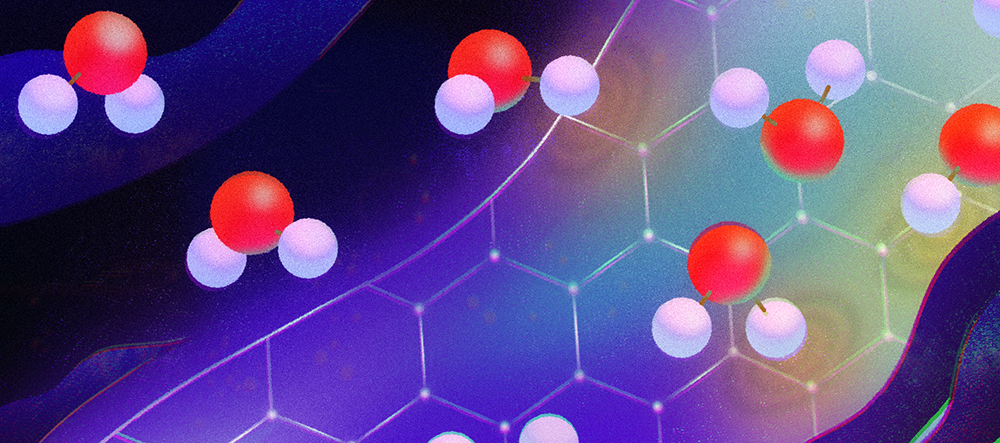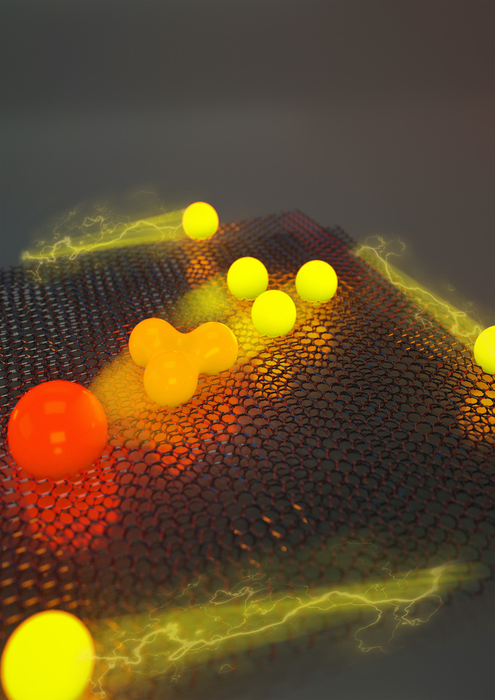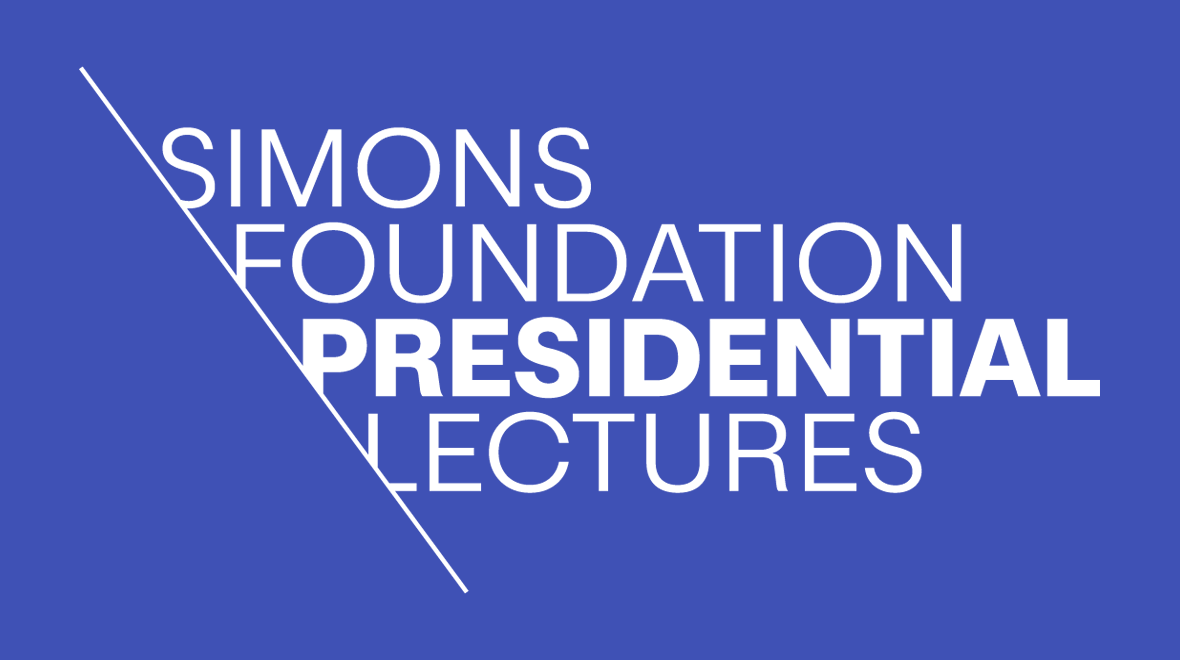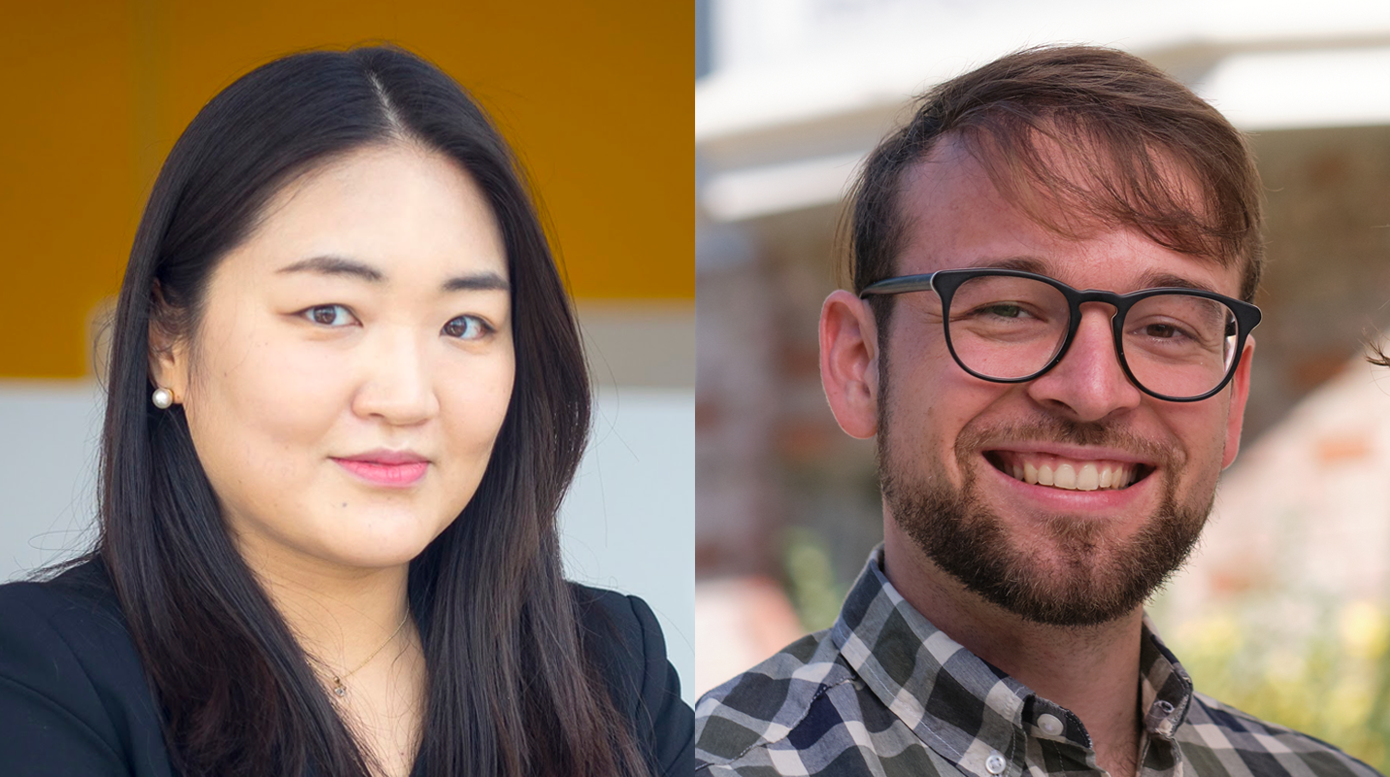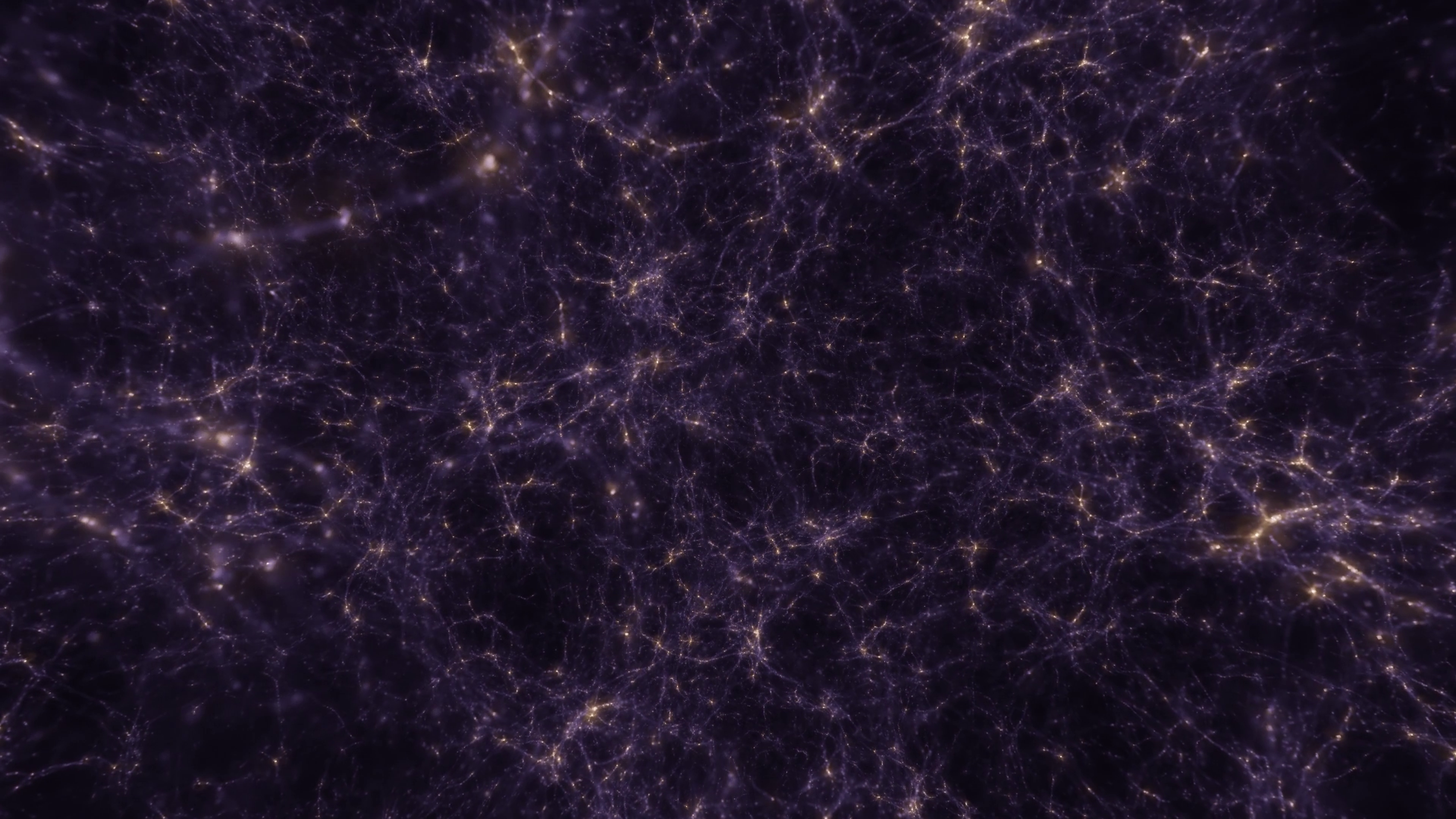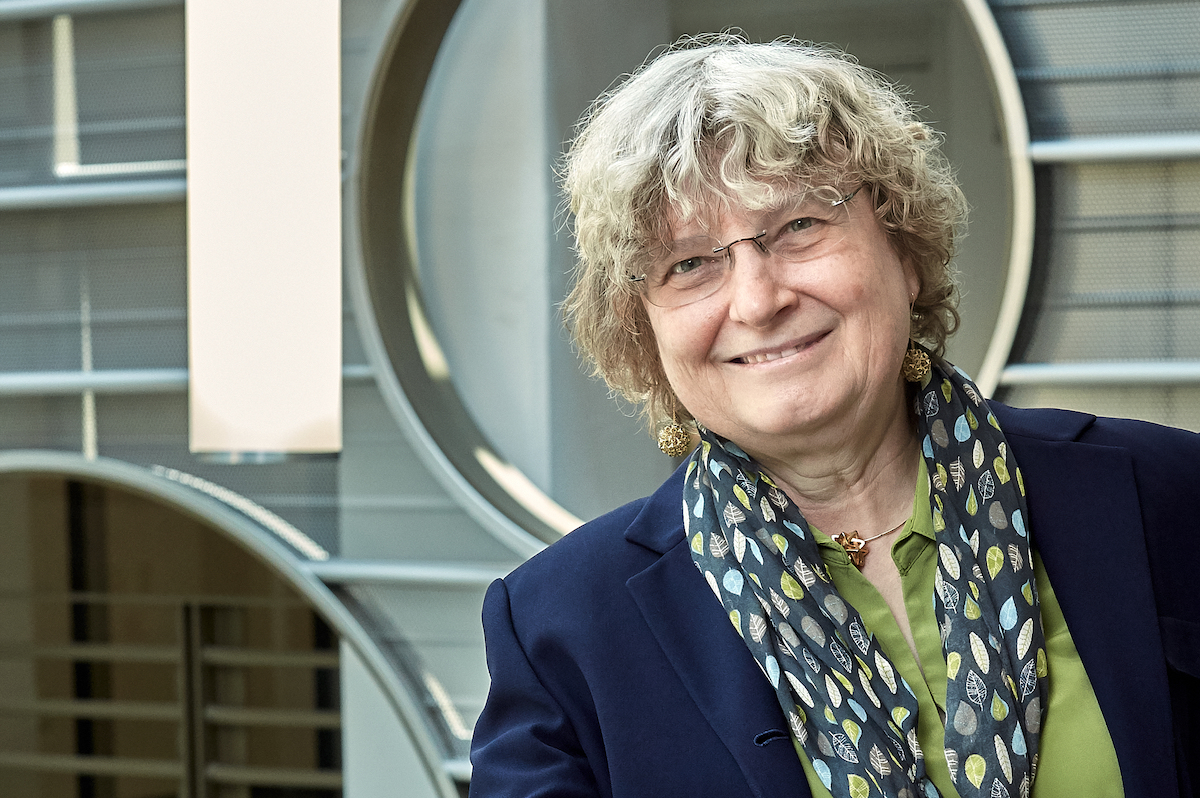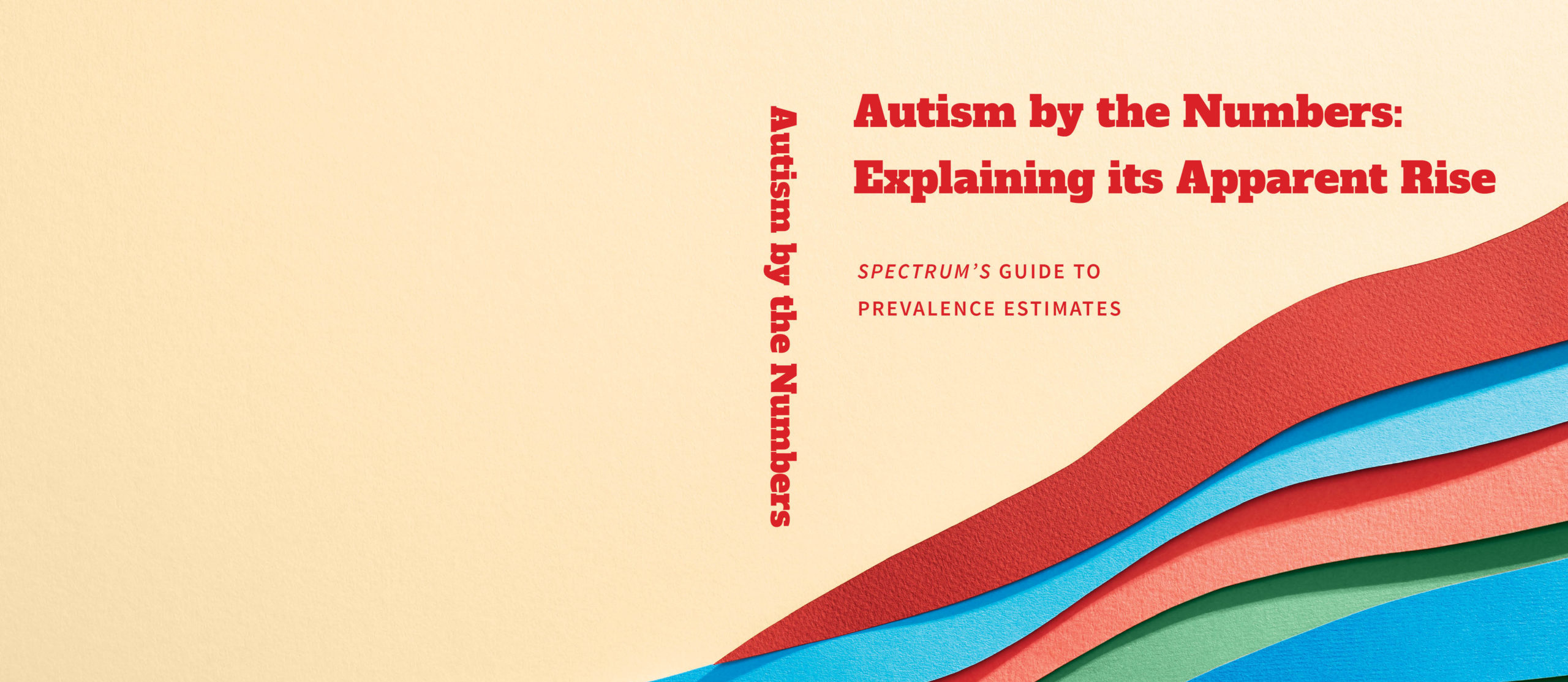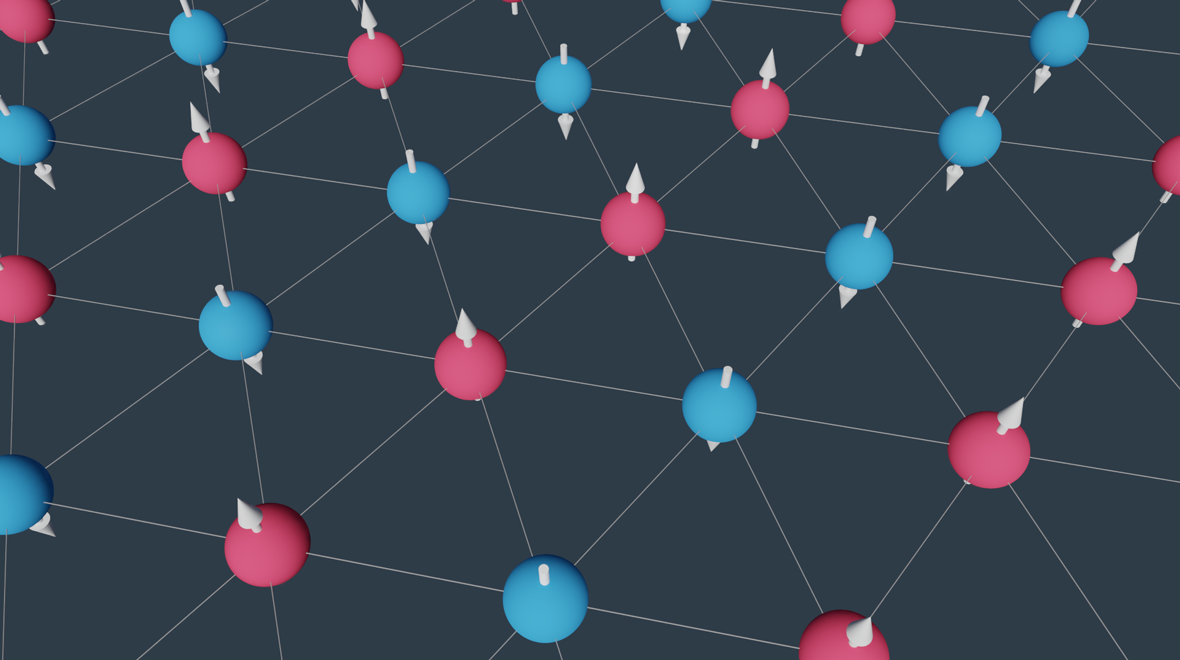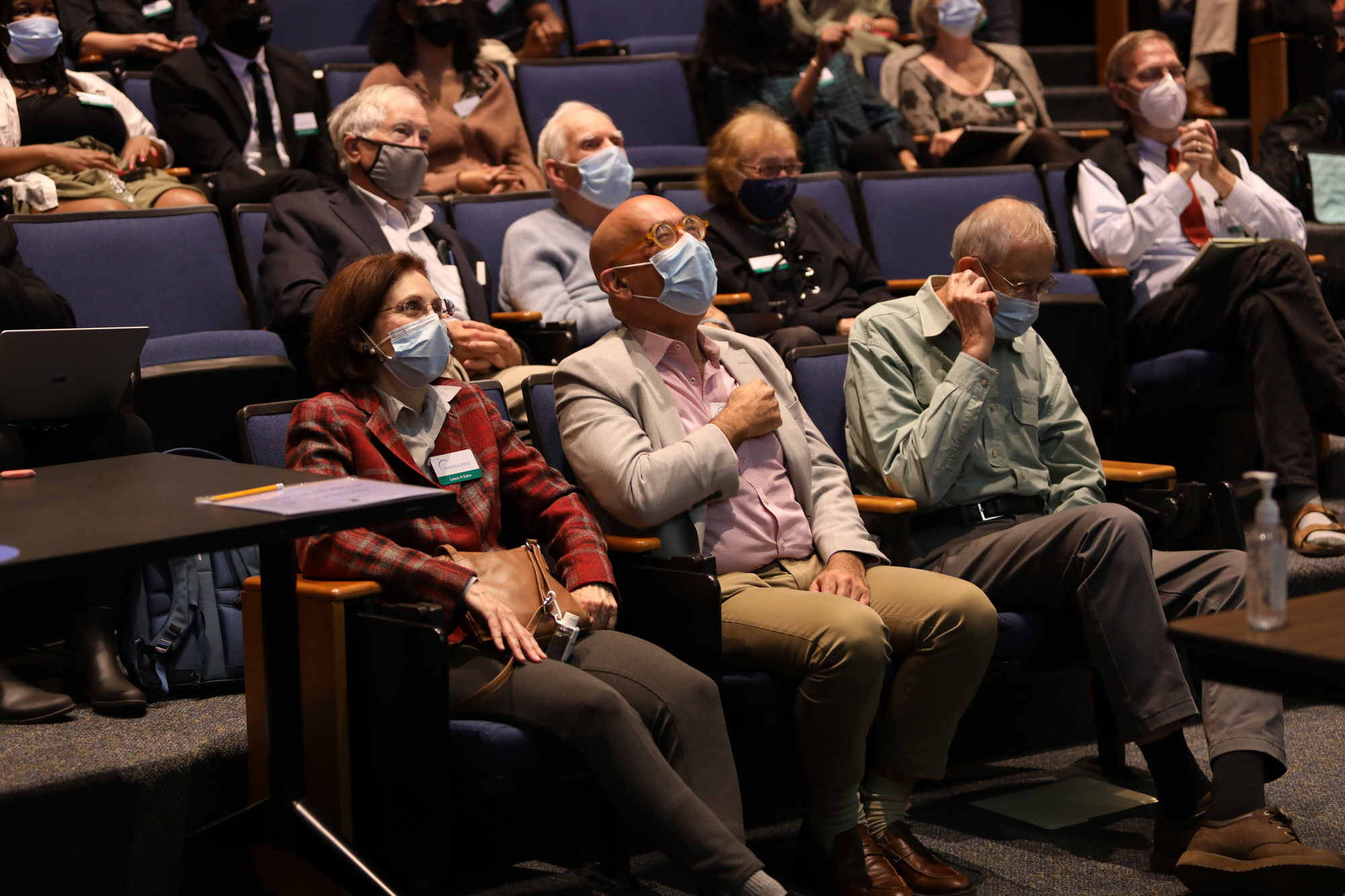
Origin of Supermassive Black Hole Flares Identified: Largest-Ever Simulations Suggest Flickering Powered by Magnetic ‘Reconnection’
Simons Foundation, February 2022Black holes aren’t always in the dark. Astronomers have spotted intense light shows shining from just outside the event horizon of supermassive black holes, including the one at our galaxy’s core. However, scientists couldn’t identify the cause of these flares beyond the suspected involvement of magnetic fields.
